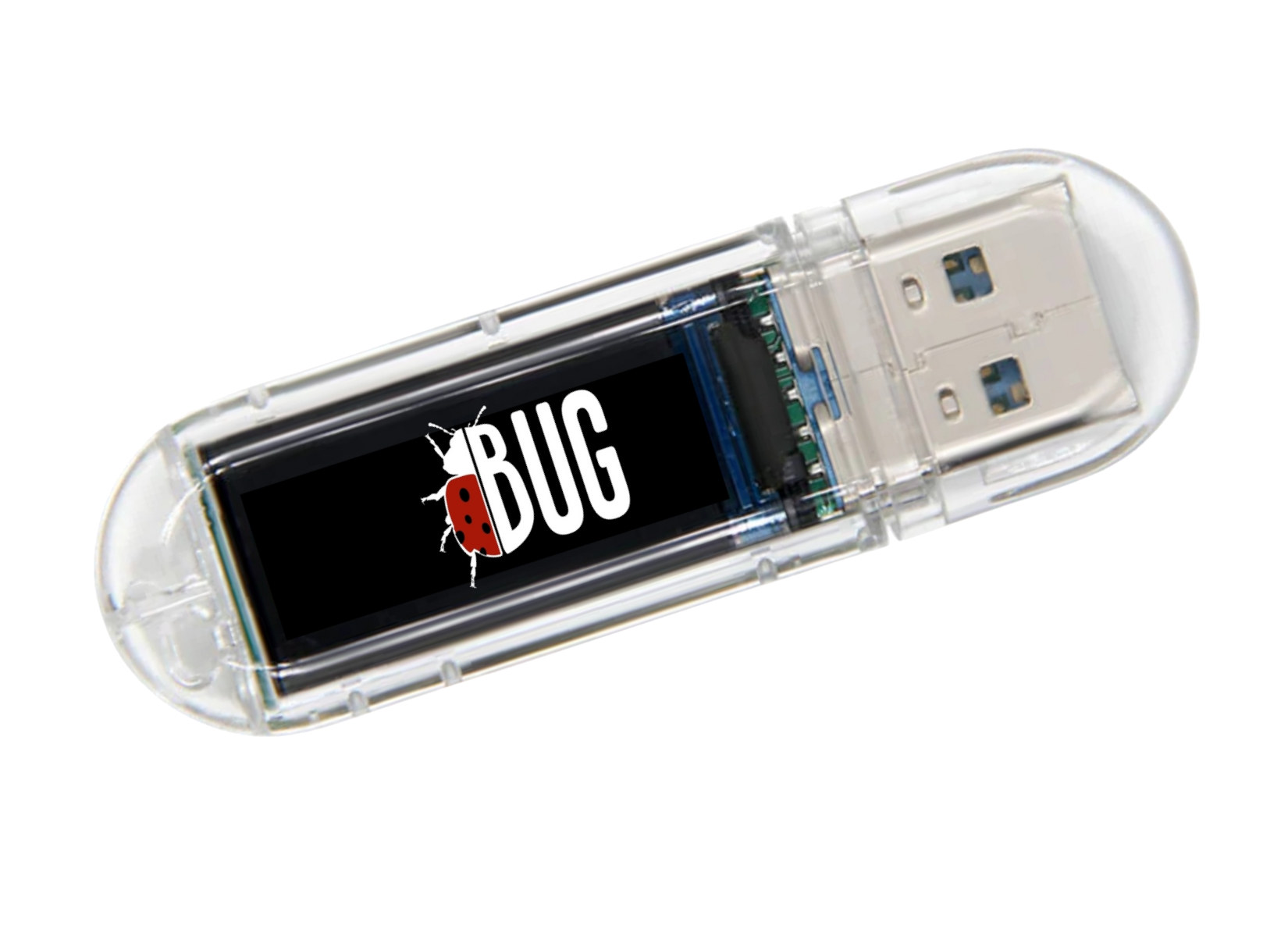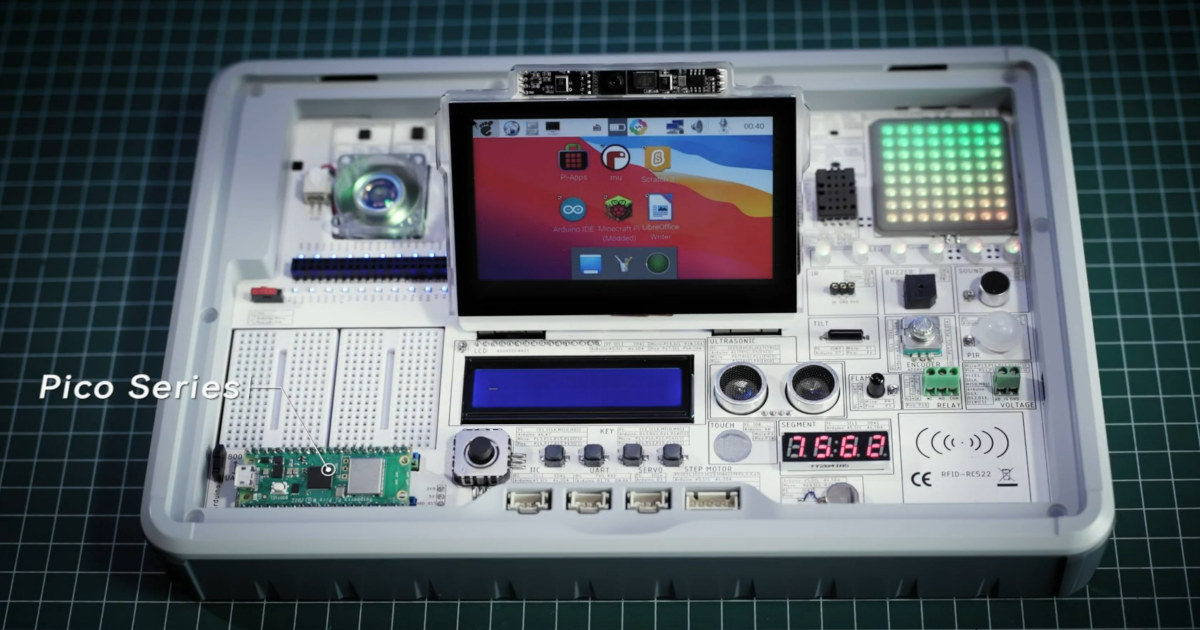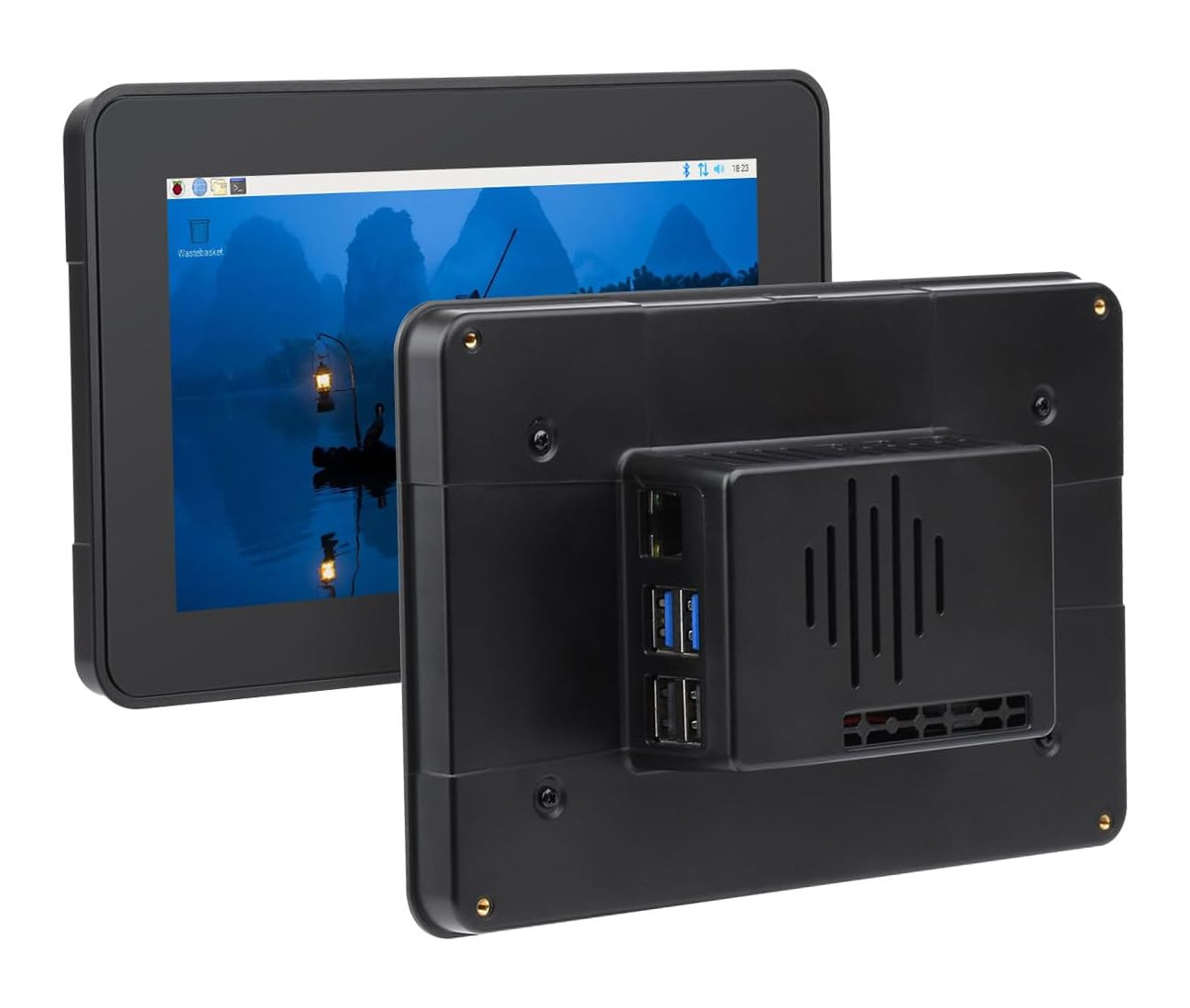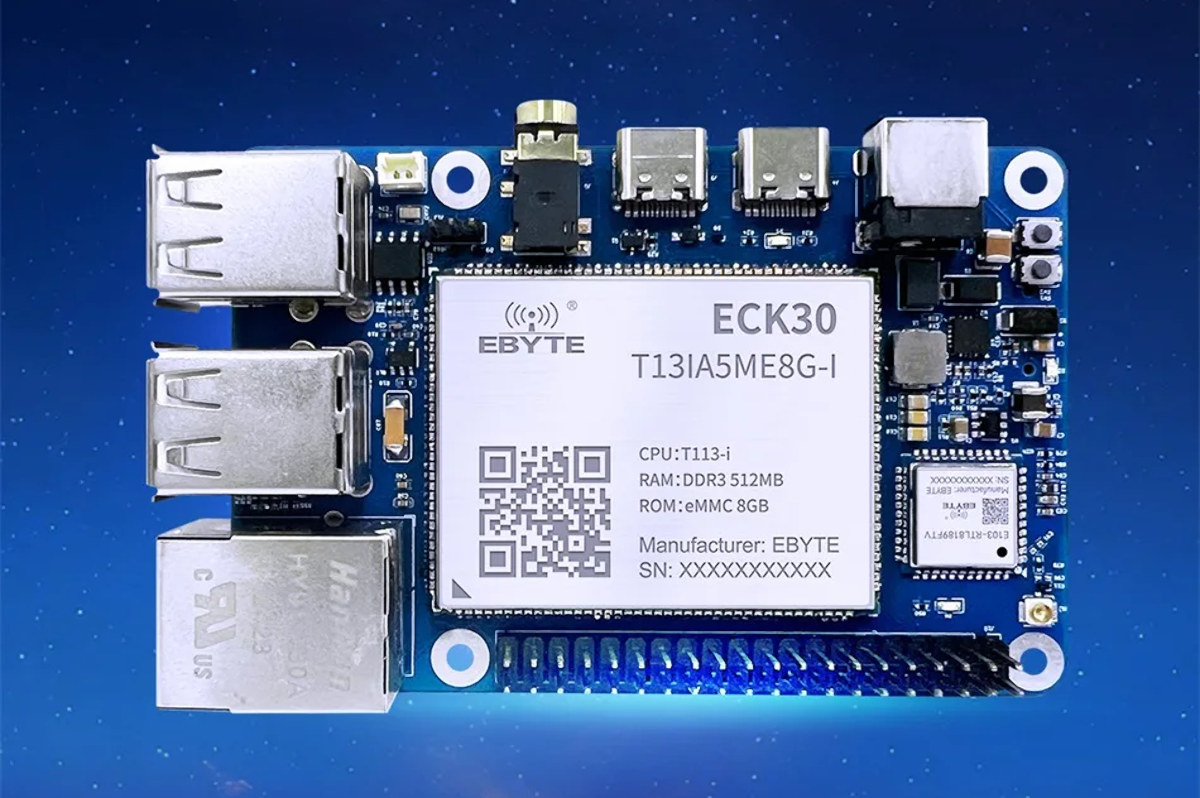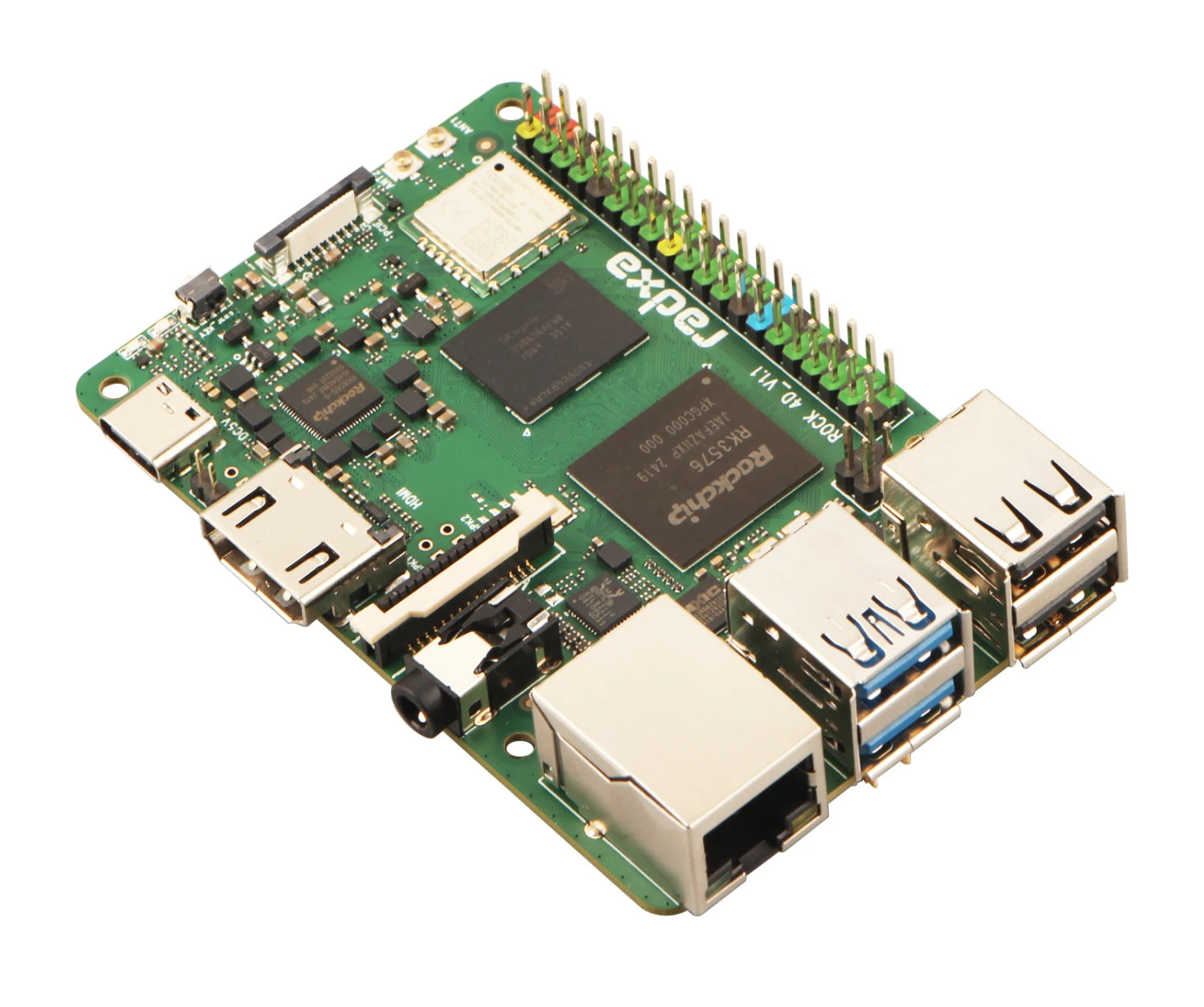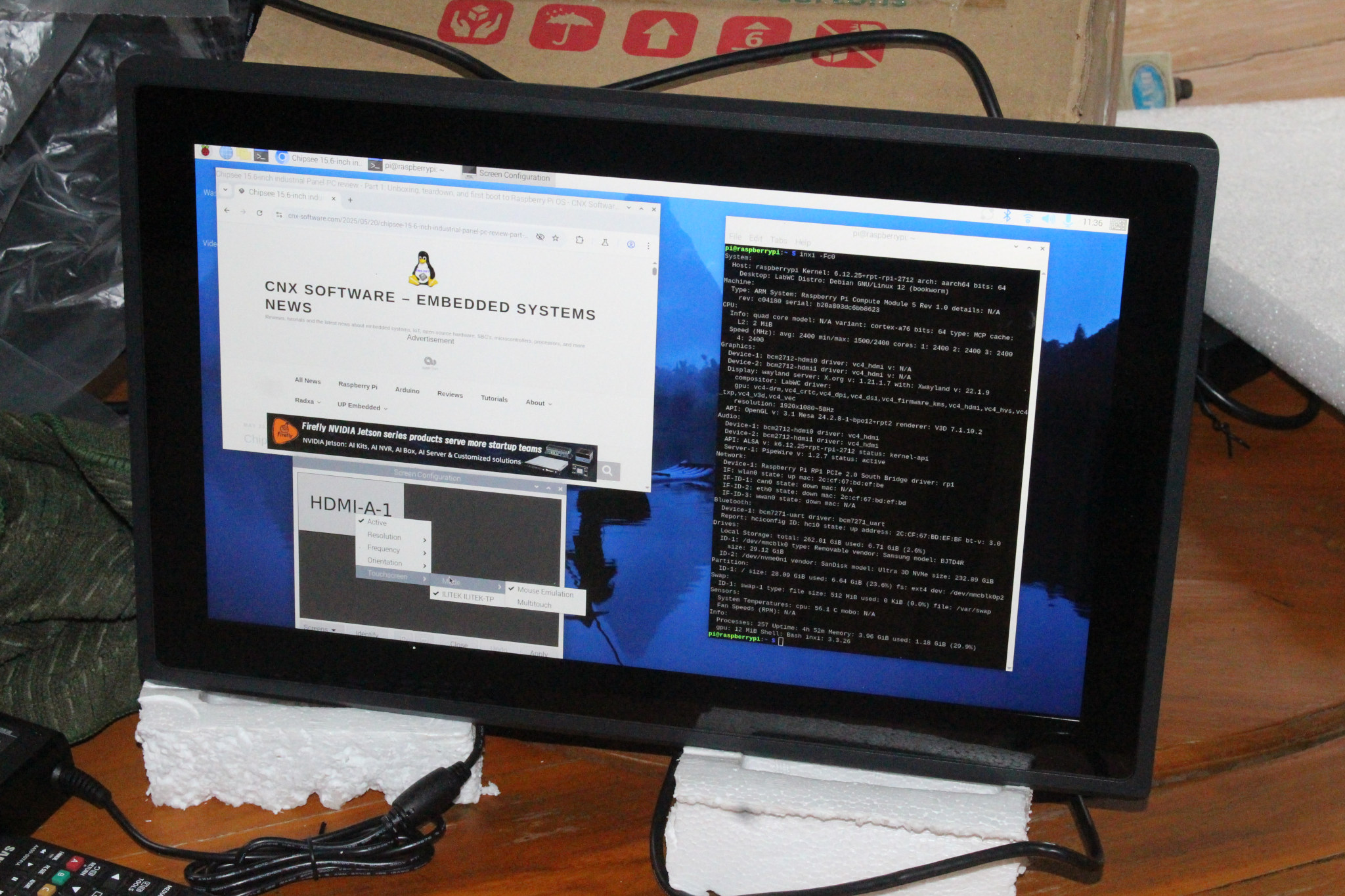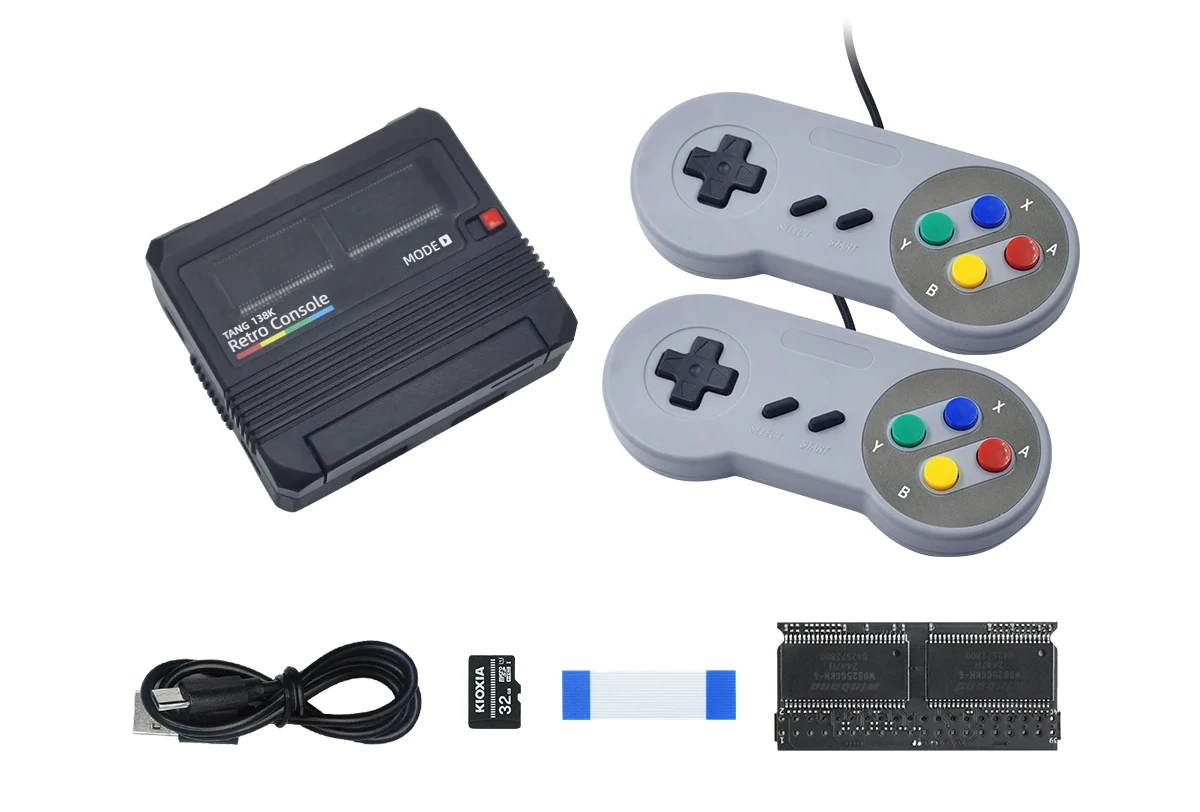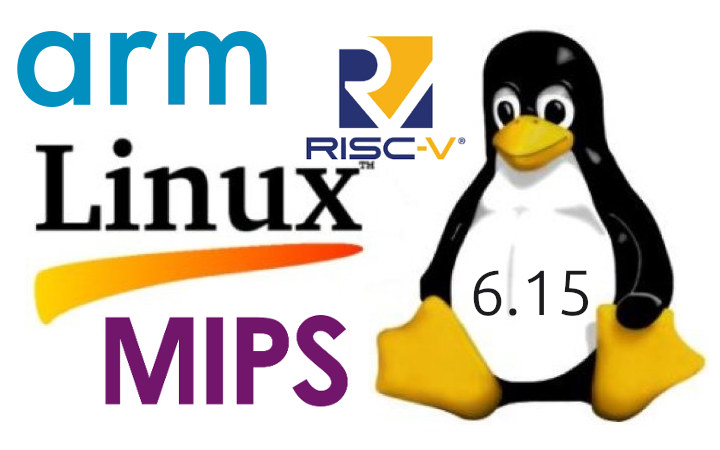Tarun’s BUG is a USB stick with a small display described as an “AI-powered Ethical Hacking Device”, supporting voice control, and offered with either a Raspberry Pi RP2040 dual-core MCU, Espressif Systems ESP32-S3 wireless SoC, or STM32F411 Cortex-M4F microcontroller. The device also features a microSD card for storage, and WiFi and BLE connectivity for the ESP32-S3 version. The BUG is said to offer “cutting-edge HID injection capabilities” (e.g. keyboard/mouse emulation) with wireless control and ChatGPT integration. It is made for ethical hackers, cybersecurity trainers, tech educators, and DIY makers. BUG specifications: Microcontroller (one or the other) Raspberry Pi RP2040 dual-core Cortex-M0+ microcontroller @ up to 133 MHz with 264KB SRAM Espressif ESP32-S3 dual-core LX7 microcontroller @ 240MHz with vector instructions, 512KB SRAM, WiFi 4 and Bluetooth 5.x connectivity STMicro STM32F411 Arm Cortex-M4F MCU @ 100MHz with 512KB Flash, 128KB SRAM Storage – MicroSD card slot inside the USB Type-A port […]
Raspberry Pi 5-based portable AI learning platform features 41 modules, supports Arduino Nano, RPi Pico, and Micro:bit boards (Crowdfunding)
CrowPi 3 is a Raspberry Pi 5-powered all-in-one portable AI learning and development platform with a 4.3-inch touchscreen display, plenty of plug-and-play electronic modules, a breadboard area, and support for Arduino Nano, Raspberry Pi Pico, and BBC Micro:bit MCU boards for expansion. It’s basically another take on the CrowPi 2 laptop based on the Raspberry Pi 4 with similar modules placed under the keyboard, but in a different form factor. The CrowPi 3 portable learning platform replaces the 11.6-inch Full HD display with a 4.3-inch display and does away with the keyboard, but is equipped with a more powerful Raspberry Pi 5 SBC capable of handling real-time AI tools such as ChatGPT and LLaMA (with smaller, distilled models). CrowPi 3 specifications: Main Board – Raspberry Pi 5 SBC Compatible MCU boards Arduino Nano boards BBC Micro:bit boards Raspberry Pi Pico boards Display – 4.3-inch IPS touchscreen display with 800×480 resolution […]
Raspberry Pi 5 and Raspberry Pi Touch Display 2 get a ~$10 protective case
When I used the Raspberry Pi Touch Display 2 with a Raspberry Pi 4 as part of the Raspberry Pi AI camera review, I just placed the kit on a smartphone stand, but it was somewhat awkward and not super stable. Waveshare has now introduced the PI5-CASE-TD2 protective case for the 7-inch Raspberry Pi Touch Display 2 and the Raspberry Pi 5 that neatly combines the two, and also supports mounting to standard tripods. The company also claims it works with some other 7-inch displays. The enclosure gives access to all main ports of the Raspberry Pi 5, including Gigabit Ethernet, the four USB ports, the 40-pin GPIO header for Raspberry Pi HATs, the PCIe FFC connector, micro HDMI ports, the power button, and the USB-C port for power. I initially thought it would be compatible with the Raspberry Pi 4 too, but since the USB ports and Ethernet ports […]
Credit card-sized industrial Allwinner T113-i SBC operates in the -40 to 85°C temperature range
Ebyte ECB30-P4T13IA5ME8G-I is a credit card-sized industrial-grade SBC powered by an Allwinner T113-i Cortex-A7 SoC with 512MB DDR3 RAM and 8GB flash, all part of the company’s ECK30-T13IA5ME8G-I castellated system-on-module. The single board computer is also equipped with a microSD card slot, a gigabit Ethernet port, four USB 2.0 ports, a 3.5mm audio jack, a WiFi 4 module, and the usual 40-pin GPIO header that’s more or less compatible with the one found on Raspberry Pi SBCs. What’s different is the lack of HDMI output, and the board features an MIPI DSI connector instead. Ebyte ECB30-P4T13IA5ME8G-I specifications: System-on-Module – Ebyte ECK30-T13IA1GE8G-I SoC – Allwinner T113-i CPU Dual-core Arm Cortex-A7 clocked at up to 1.2 GHz 64-bit XuanTie C906 RISC-V real-time core DSP – HiFi4 VPU Video decoder – H.265 up to 4K @ 30 FPS, H.264 up to 4K @ 24 FPS, MPEG-1/2/4, JPEG, Xvid, Sorenson Spark up to 1080p60 […]
Radxa ROCK 4D SBC – A Raspberry Pi lookalike powered by Rockchip RK3576 SoC with 6 TOPS AI accelerator
Radxa ROCK 4D is yet another Rockchip RK3576 SBC, but offered in a credit card form factor similar to the Raspberry Pi 3 model with the usual 40-pin GPIO header, Gigabit Ethernet ports, and four USB ports. We first noticed it when we covered the Radxa Dual 2.5G Router HAT, and I’ve just seen it added to the Linux 6.15 release, so I thought it might be a good time to cover it, especially since it’s already for sale on Allnet and AliExpress starting at $31 plus shipping. Radxa ROCK 4D specifications: SoC – Rockchip RK3576 or RK3576J (industrial-grade version) CPU – Octa-core CPU with 4x Cortex-A72 cores at 2.2 GHz, 4x Cortex-A53 cores at 2.0 GHz GPU – Arm Mali-G52 MC3 GPU with support for OpenGL ES 1.1, 2.0, and 3.2, OpenCL 2.0, and Vulkan 1.2 NPU – 6 TOPS (INT8) AI accelerator with support for INT4, INT8, INT16, […]
Chipsee PPC-CM5-156 Review – Part 2: A Raspberry Pi CM5 fanless Panel PC tested with Raspberry Pi OS
We’ve already had a look at the hardware of Chipsee’s 15.6-inch industrial touch panel PC in the first part of the review, before booting it to Raspberry Pi OS. I’ve now had time to test most features of the PPC-CM5-156 panel PC running Raspberry Pi OS, so I’ll report my experience testing performance and most ports of the Raspberry Pi CM5-based system in the second part of the review.
PPC-CM5-156 panel PC system info and sbc-bench.sh benchmark
Let’s check the features of the PPC-CM5-156 panel PC using the inxi utility:
Sipeed Tang Console – A GOWIN GW5AST/GW5AT board with 60K or 138K LUT for FPGA development and retro gaming
Sipeed Tang Console is an FPGA development based on GOWIN GW5AST SoC FPGA with 138K LUTs and a hard RISC-V core or GW5AT FPGA with 60K LUTs, designed as a generic FPGA development and retro gaming platform. The Tange Console offers HDMI and RGB LCD display connectors, two USB ports for joystick or other peripherals, and plenty of expansion options with two 40-pin headers for SDRAM, GBA, and custom expansion, two PMOD connectors for joysticks or custom modules, and a 16-pin Raspberry Pi PCIe FFC connector. The “Tang Console” is also integrated into the “Tang Retro Console” as a complete gaming console kit with enclosure, joysticks, and accessories. Sipeed Tang Console specifications: SoM(one or the other) Sipeed Tang Mega 138K SoC FPGA – GOWIN GW5AST-LV138FPG484A with 138,240 LUT4 1,080 Kb Shadow SRAM (SSRAM) 6,120 Kb Block SRAM (BSRAM) Number of BSRAM – 340 298x DSP slices 12x PLLs 16x global […]
Linux 6.15 Release – Main changes, Arm, RISC-V and MIPS architectures
Linus Torvalds has just announced the release of Linux 6.15: So this was delayed by a couple of hours because of a last-minute bug report resulting in one new feature being disabled at the eleventh hour, but 6.15 is out there now. Apart from that final scramble, things looked pretty normal last week. Various random small fixes all over, with drivers as usual accounting for most of it. But we’ve got some bcachefs fixes, some core networking, and some mm fixes in there too. Nothing looks particularly scary. And this obviously means that the merge window opens tomorrow as usual, and I see the usual people being proactive and having sent me their pull requests. It’s memorial day tomorrow here in the US, but like the USPS, “neither snow nor rain nor heat nor gloom of night” – nor memorial day – stops the merge window. [ Actually, thinking back […]


